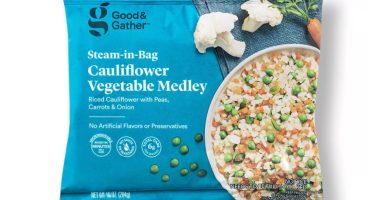Cardiac Diet against heart failure. If you have high cholesterol in your body system or heart disease it is important you be on a cardiac diet. Usually, having a weak or diseased heart reduces the total blood the heart pumps to your kidneys which causes fluid and water retention.
This will further lead to swollen ankles, legs, bloated stomach and abdomen (called edema) and weight gain. In addition, it may cause a loss of appetite or nausea.
A cardiac diet is one of a group of fairly similar diets that have been around for years, including the May Clinic Diet, the Grapefruit Diet, or the Cleveland Clinic diet. The purpose of all these diets is to enable a person to lose as much weight as possible in three days.
This 3-day cardiac diet and diets came from these clinics, the idea is to help cardiac patients lose the water weight and bloat before surgery. This diet plan has also proven to be very effective for those who are overweight and want to rapidly lose it.
This 3-day cardiac diet is high in protein and low in calories. It emphasizes more on the consumption of vegetables and lean protein WebMd. The amounts of vegetables encouraged in this diet, make it impossible for you to have nutritional deficiencies.
Moreover, you are advised to stay only on it for three days. If you default in keeping to this rule, the low calories will cause you a metabolic slowdown. Read here for more tips on healthy heart foods.
The 3 days Cardiac diet Plan
Breakfast
For breakfast on each of the three days, you’re going to want to focus on getting in protein and some fat. So the usual prescription is water-packed tuna or cottage cheese, about half a cup’s worth, and two eggs, cooked in your preferred style.
This gives you a good mix of protein and fat, which are important for maintaining your hunger at manageable levels and giving you the materials you need to keep your muscles strong. Under no circumstances should you skip breakfast or not eat the full amount. You may have coffee or tea with it, but make sure not to use sweeteners or any dairy products.
Lunch
Lunch will be a mixture of tuna and salad. On the first two days, you may have a half a cup of water-packed tuna, and a salad of any size you like. Keep in mind, though, that the salad must be all vegetables – no cheese or croutons or the like. Make sure to use olive oil as your dressing, and don’t skimp, you need the good fats for proper metabolism. On the third day of the 3-day cardiac diet, you may increase to a full cup.
Dinner
Dinner on the 3-day cardiac diet will consist of as much as you like of any kind of meat, prepared without sauce or breading. You need to back this up with two different types of vegetables, steamed and without sauce except for butter, which you should use on them.
Do not eat bread, pasta, or potatoes on the 3-day cardiac diet, because it will disrupt the weight loss formula of the diet. Remember to drink at least 64 ounces of water while on the diet, and don’t cheat, it’s only three days. Follow these rules and the 3-day cardiac diet will give you a quick and easy weight loss.









